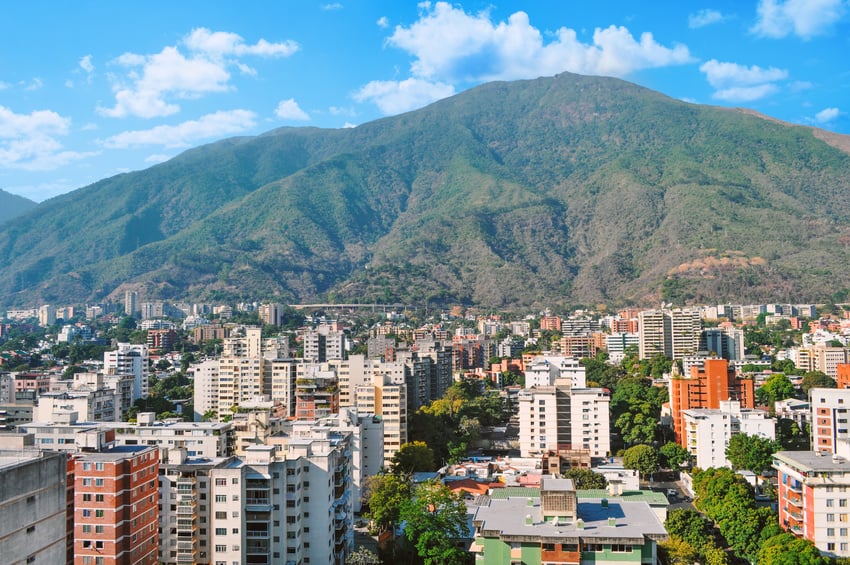Ronald Evans is managing partner in Venezuela, and chairs the Firm's Global Wealth Management practice group as well as the Tax Practice in Venezuela. He represents Latin America in the Firm's Tax Policy Group, and is highly recommended by various legal directories. He was the first chief of the Venezuelan tax administration’s (SENIAT) international affairs division, and served as Venezuela’s official negotiator for double taxation treaties from 1994 to1996. Ronald was an advisor to the minister of foreign affairs on double taxation issues from 1997 to 1999. He has chaired the Venezuelan branch of the International Fiscal Association since 2007, and is a member of STEP’s Advisory Committee for Latin America.
José P. Barnola Jr. joined Baker McKenzie in 1996 and became partner in 2003. He is a senior member of the Venezuela tax practice group and counsel of the tax practice group in Mexico, and has extensive experience in tax advice, transactional tax and tax litigation. José has authored over 30 legal articles on several legal and tax issues published in Venezuela, United States, Canada and México (see list in https://www.linkedin.com/in/josepbarnolajr/) and has over 18 years' experience as tax law professor. He has written and spoken on investment protection and tax planning, cross-border distribution activities, corporate reorganizations, VAT, tax litigation, employee taxation and other hot topics of the Venezuelan tax system. Since 2018, José has been based in Baker McKenzie's office in Mexico City on a special temporary assignment, where he provides complex planning and transactional investment protection and tax advice, especially for the oil and gas industry, as well as tax litigation. José is the Latin America representative in Baker McKenzie's Tax Dispute Resolution Global Steering Committee, in charge of designing and implementing the global, regional and local strategic plans of the Firm.
Oscar Morean is a partner in the Firm’s Caracas office where he previously served as a senior associate for five years before starting a local boutique corporate and tax law firm. He has over two decades of experience advising on tax and corporate law matters across Venezuela’s leading industries and most important practice areas, including pharmaceutical and oil and gas verticals, taxation, litigation, capital repatriation, tax treaties interpretation, and wealth and estate planning. Oscar has extensive experience advising key players, family groups, and multinational corporations engaged in import and export activities. He graduated from the Universidad Catόlica Andrés Bello and holds an LLM in Taxation degree from the Universidad Central de Venezuela and an LLM in International Taxation from the University of Florida. He has also completed an executive program on negotiation at Harvard Business School. Oscar has been invited as a guest speaker at tax conferences in Latin America and has been a law professor in the most prominent law schools in the country.



